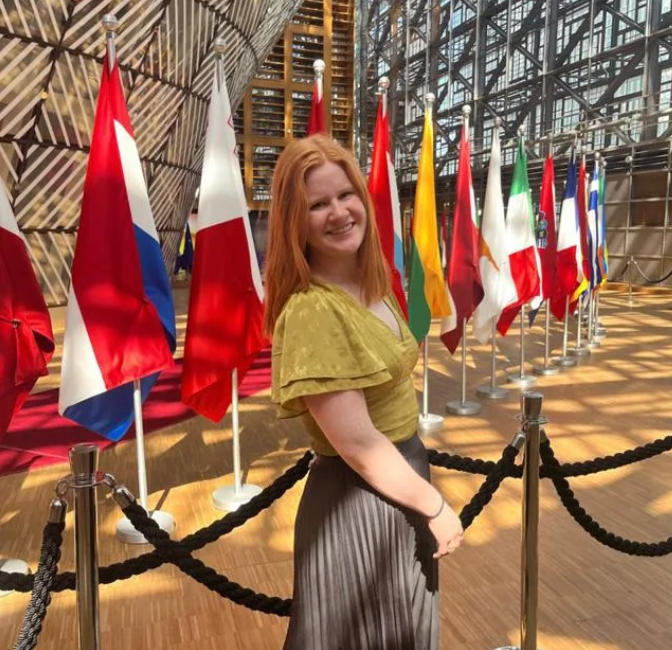International affairs celebrates diversity and complexity, challenging the notion of a one-size-fits-all approach to global challenges. Whether it's understanding the intricacies of trade agreements, navigating diplomatic negotiations, or addressing transnational issues like climate change and human rights, students in international affairs gain a comprehensive understanding of the multifaceted nature of global issues. It's a field that empowers students to gain a better understanding of the interconnected world in which we live and to demystify the complexities of international relations and diplomacy that defines our global landscape.
Individuals with degrees in public & international affairs are well-prepared for roles that involve understanding and navigating global political, economic, and social dynamics. Here's a list of jobs commonly pursued by graduates in international affairs:
Diplomat/Foreign Service Officer: Representing a country's interests abroad, engaging in diplomatic negotiations, and fostering international relations.
International Policy Analyst: Researching and analyzing global policies and trends to provide insights for government agencies, think tanks, or research institutions.
Intelligence Analyst: Assessing and interpreting information to provide strategic insights on global security and geopolitical issues.
International Business Consultant: Advising businesses on global market strategies, international trade policies, and cross-cultural business practices.
Global Governance Specialist: Studying and contributing to discussions on international institutions, treaties, and norms that shape global governance.
Security Analyst: Analyzing threats to international security and providing recommendations for conflict prevention and resolution.
Human Rights Advocate: Promoting and protecting human rights on a global scale, working with NGOs, governments, or international organizations.
Journalist/Foreign Correspondent: Reporting on international events, politics, and issues for media organizations, providing insights to a global audience.
International Development Consultant: Advising on development projects, policies, and strategies to promote sustainable and inclusive development worldwide.
International Trade Specialist: Analyzing and facilitating international trade agreements, ensuring compliance with global trade regulations.
Conflict Resolution Specialist: Mediating and resolving conflicts between nations or groups, working towards peacebuilding and diplomacy.
Global Health Policy Analyst: Analyzing and developing policies to address global health challenges and improve healthcare systems.
Environmental Diplomat: Addressing global environmental issues through diplomatic negotiations and international cooperation.
Crisis Response Coordinator: Coordinating international responses to crises such as natural disasters, humanitarian emergencies, or conflicts.
NGO Program Manager: Managing international programs for non-governmental organizations focused on various issues, from poverty alleviation to education.
Find out more about our MPIA degree, request info and apply.